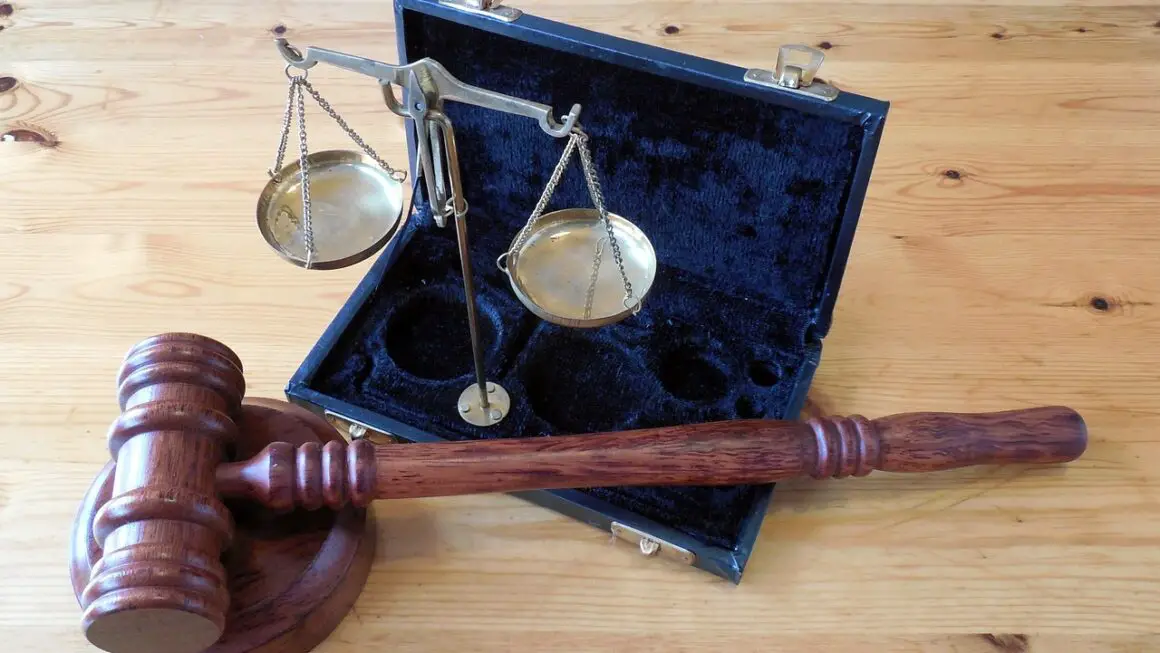Navigating the complexities of the legal system can feel like traversing a dense and unfamiliar forest without a map. Whether you’re starting a business, dealing with a personal injury, or facing a family law matter, understanding your rights and responsibilities is crucial. Obtaining competent legal advice is not merely an option, but a necessity to ensure you’re making informed decisions that protect your interests. This guide will explore the vital aspects of legal advice, helping you understand when you need it, how to find the right legal professional, and what to expect during the process.
When Do You Need Legal Advice?
Knowing when to seek legal advice can be challenging. Often, people delay seeking help because they fear the cost or complexity. However, early consultation can prevent minor issues from escalating into significant legal battles.
Critical Life Events
- Business Formation: Starting a business involves numerous legal considerations, including choosing the right business structure (sole proprietorship, partnership, LLC, corporation), drafting contracts, and complying with regulatory requirements.
Example: Failing to properly structure your business can expose your personal assets to liability. Legal advice can help you choose the structure that best protects you.
- Real Estate Transactions: Buying, selling, or leasing property involves significant financial risks. Legal advice can help you understand the terms of the contract, identify potential issues with the property, and ensure the transaction is legally sound.
Example: A real estate lawyer can review a purchase agreement and identify clauses that might be unfavorable to you, such as hidden liens or undisclosed property defects.
- Estate Planning: Planning for the future involves creating a will, trusts, and other legal documents to distribute your assets according to your wishes. Legal advice ensures your estate plan is valid, enforceable, and tailored to your specific circumstances.
Example: Without a valid will, your assets will be distributed according to state law, which may not align with your intentions.
- Family Law Matters: Divorce, child custody, and adoption proceedings are emotionally and legally complex. Legal advice provides guidance on your rights and responsibilities, helps you navigate the legal process, and protects your interests.
Example: A family law attorney can help you negotiate a fair settlement in a divorce, ensuring your assets are divided equitably and your parental rights are protected.
- Personal Injury: If you’ve been injured due to someone else’s negligence, legal advice can help you understand your rights, assess the value of your claim, and pursue compensation for your damages.
Example: A personal injury lawyer can investigate the accident, gather evidence, and negotiate with the insurance company to obtain a fair settlement for your medical expenses, lost wages, and pain and suffering.
Potential Legal Disputes
- Contract Disputes: Disagreements over the terms of a contract can lead to costly litigation. Legal advice can help you understand your contractual obligations, negotiate a resolution, and pursue legal action if necessary.
- Employment Law Issues: Disputes with your employer over wages, discrimination, or wrongful termination require legal expertise. An employment lawyer can advise you on your rights and represent you in negotiations or litigation.
- Intellectual Property Protection: Protecting your trademarks, copyrights, and patents is crucial for your business. Legal advice can help you secure these rights and enforce them against infringers.
- Criminal Charges: Facing criminal charges requires immediate legal representation. A criminal defense attorney will protect your rights, investigate the case, and represent you in court.
Finding the Right Legal Professional
Choosing the right legal professional is critical to achieving a successful outcome. Consider these factors when making your selection.
Specialization and Expertise
- Identify Your Needs: Determine the specific area of law relevant to your situation (e.g., family law, business law, criminal law).
- Seek Specialized Expertise: Look for attorneys who specialize in that area of law and have a proven track record of success.
Example: If you’re facing a DUI charge, seek an attorney who specializes in DUI defense, not a general practitioner.
- Check Credentials and Experience: Verify the attorney’s credentials, including their bar admission, education, and years of experience.
Referrals and Recommendations
- Ask for Referrals: Seek recommendations from friends, family, or colleagues who have had positive experiences with attorneys.
- Online Reviews and Ratings: Check online reviews and ratings on websites like Avvo, Yelp, and Google Reviews to get an idea of the attorney’s reputation.
- Bar Associations: Contact your local bar association for referrals to qualified attorneys in your area.
Consultation and Communication
- Schedule a Consultation: Most attorneys offer free initial consultations. Use this opportunity to discuss your case, ask questions, and assess the attorney’s communication style.
- Communication Style: Choose an attorney who communicates clearly, answers your questions patiently, and keeps you informed about the progress of your case.
- Fees and Payment Options: Discuss the attorney’s fees and payment options upfront. Understand the fee structure (hourly, flat fee, contingency fee) and any associated costs.
The Benefits of Seeking Legal Advice
Obtaining legal advice offers numerous benefits that can protect your rights and improve your chances of a favorable outcome.
- Understanding Your Rights: A lawyer can explain your legal rights and obligations in plain language, ensuring you understand your options.
- Strategic Guidance: A lawyer can provide strategic guidance on how to proceed with your case, based on their knowledge of the law and experience in similar cases.
- Negotiation and Advocacy: A lawyer can negotiate on your behalf with opposing parties, protecting your interests and seeking a favorable resolution.
- Court Representation: If your case goes to court, a lawyer can represent you effectively, presenting your case persuasively to the judge or jury.
- Minimizing Risk: Legal advice can help you avoid costly mistakes and minimize the risk of adverse outcomes.
- Peace of Mind: Knowing that you have a qualified legal professional on your side can provide peace of mind and reduce stress during a difficult time.
What to Expect During the Legal Process
Understanding the legal process can help you feel more prepared and empowered.
Initial Consultation
- Prepare Your Information: Gather all relevant documents and information related to your case, such as contracts, emails, and medical records.
- Be Honest and Open: Provide the attorney with a complete and accurate account of the facts, even if they are unfavorable to your case.
- Ask Questions: Ask the attorney any questions you have about the law, the legal process, or their fees.
Case Evaluation
- Assessment of the Merits: The attorney will evaluate the merits of your case, assessing the likelihood of success based on the facts and the law.
- Legal Strategy: The attorney will develop a legal strategy tailored to your specific circumstances, outlining the steps they will take to achieve your goals.
- Timeline and Costs: The attorney will provide you with an estimated timeline for the case and an estimate of the costs involved.
Representation and Advocacy
- Communication and Updates: The attorney will keep you informed about the progress of your case, providing regular updates and answering your questions.
- Negotiation and Settlement: The attorney will attempt to negotiate a settlement with the opposing party, if possible.
- Litigation: If a settlement cannot be reached, the attorney will prepare your case for trial and represent you in court.
Conclusion
Navigating legal issues can be daunting, but seeking competent legal advice is an investment in your future. By understanding when you need legal help, how to find the right professional, and what to expect during the process, you can empower yourself to make informed decisions that protect your rights and interests. Don’t hesitate to seek legal advice when faced with a complex legal situation – it could make all the difference.



